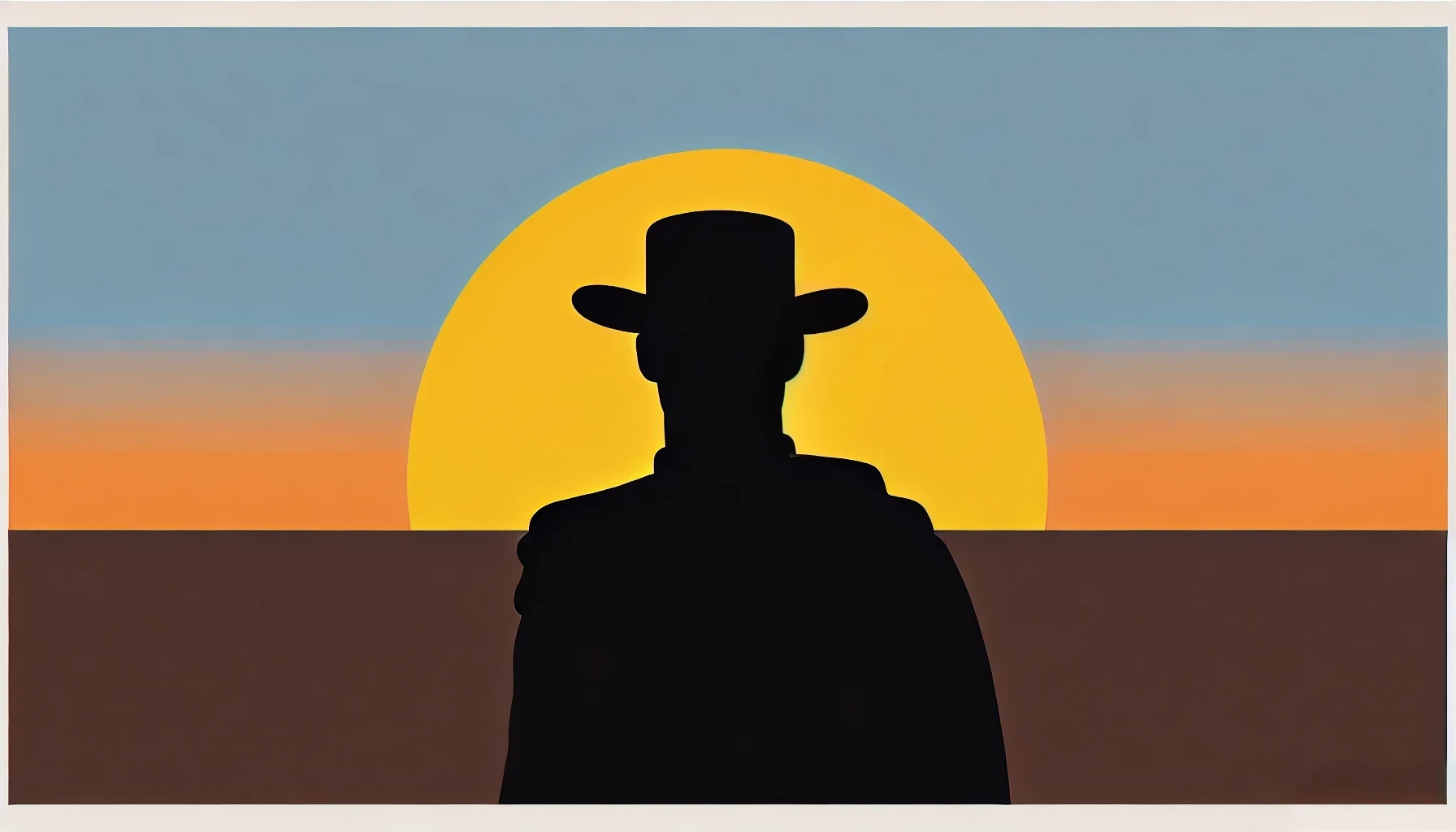Kris Kristofferson wasn’t just some guy with a guitar and a growl. He was the guy. The kind of guy you hear about in stories, like the time he landed a helicopter in Johnny Cash’s yard to get his attention. Legend. Who else does that? I mean, maybe some unhinged action hero in a movie, but this was real life.
You didn’t just listen to Kris Kristofferson. You felt Kris Kristofferson. He had that raspy voice that could croon and bite, making you feel a little rough around the edges yourself. It wasn’t polished, and it didn’t need to be. His voice, like his songs, carried that lived-in feeling, like an old leather jacket that fits perfectly because it’s seen some things.
I remember being in my early twenties, thinking I was getting into some real music because I was listening to outlaw country—Johnny Cash, Willie Nelson, you know the crew. But it wasn’t until I picked up Kristofferson and The Silver Tongued Devil & I that I got what outlaw country really meant. It was more than rebellion; it was raw truth. And, if I’m being honest, it made me feel connected to something bigger, something rugged and timeless. My future wife, raised on a steady stream of country music, must have seen that too. That music—Kristofferson in particular—became part of how we bonded, long before we knew where we were headed.
Kristofferson wasn’t just a musician; he was a poet. “Sunday Mornin’ Comin’ Down” didn’t just talk about a hangover—it described the kind of existential hangover where you question everything, from the mess you made last night to the choices you’ve been making for years. It’s the kind of song that, no matter how old you are, makes you pause and think, yeah, I’ve been there. And if you haven’t, well, you will.
He had the kind of career where most people would be lucky to have one of his accomplishments. Songwriter? Check. Actor? Check. Rhodes scholar? Why not? And while a lot of us knew him as the rough-voiced singer, others might remember him as a tough old man in the Blade movies, holding his own alongside Wesley Snipes and vampires. Kristofferson did it all. His transition from folk hero to Hollywood cool was as seamless as anything. The guy didn’t break character. He was the character—whether he was in cowboy boots or combat boots, whether he was singing about heartbreak or fighting supernatural evil.
Kris made us all feel a little cooler by proxy. Listening to his music made you sit a little straighter, like you knew something the rest of the world didn’t. He wrote about the in-betweens in life—the space between who you are and who you want to be, between love and heartbreak, between whiskey-fueled nights and regret-soaked mornings.
But what really made him special was that even with all his accomplishments, Kristofferson stayed grounded. He wrote for us regular folks, the ones who’ve had too much to drink, too many heartaches, and too few answers. He had that rare ability to look tough and vulnerable at the same time. It’s a trick only a few people pull off, like when he played that hardened but quietly broken Sheriff in Lone Star—a guy carrying way more baggage than he ever let on.
At 88, he didn’t just fade away. He remained an icon, a guy you knew still had untold stories. He might not have been in the public eye as much toward the end, but you know he was out there, probably staring off into the Maui sunset, still the coolest old dude around. And that’s how I’ll remember him: a little scruffy, a lot wise, and cooler than any of us could ever hope to be.
So long, Kris. The highway’s going to feel a little lonelier without you.
